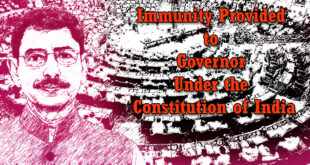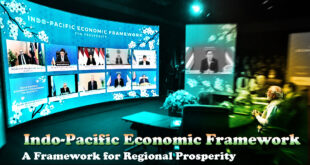Syllabus: Bilateral, regional and global groupings and agreements involving India and/or affecting India’s interests.
Context
BRICS found new purpose with expansion; but contradictions too
Emerging BRICS
- Ever since the grouping, set up as a coalition of emerging economies, said last year that it was open to new members, as many as 40 countries from the global south have evinced interest in joining, with at least 22 formal applications.
- The decision to more than double its membership overnight, from 5 to 11, by inducting four major middle eastern players, Egypt, Iran, Saudi Arabia and the United Arab Emirates, as well as Ethiopia and Argentina, from Africa and South America, respectively, is significant.
- BRICS has weathered several storms and is today seen, if not as any alternative, as a counter-narrative creator to the western-led G-7 club on diverse issues: from climate change commitments and UN reform to its rejection of unilateral western sanctions against Iran, Russia and Venezuela.
- By also creating the New Development Bank, which has funded nearly 100 projects so far, instituting a Contingent Reserve Arrangement, and other institutional mechanisms, the BRICS countries have also shown their ability to work on practical initiatives.
- While the grouping may not yet rival the wealth of the G-7, it does now rival its share of the global GDP (approximately 30% each), and represents a more equitable representation across 40% of the world’s population to the G-7 countries that make up just 10%.
- Once the new members join, six of 10 of the biggest global oil suppliers will be BRICS countries, giving BRICS new heft in the field of energy.
Battle of proving
- While the battle of proving its raison d’être may have been substantially won, the BRICS countries still fall short in showing a coherence of purpose, and are still mired by inner contradictions.
- The rivalry between India and China has no doubt slowed the grouping down and the induction of arch rivals Iran and Saudi Arabia-UAE, despite their recent détente, could well create similar issues for the group in the future.
- In addition, any overtly political, anti-western stance by BRICS will make India, and other countries in the grouping who walk a tightrope between the global powers, including Egypt, the UAE, Saudi Arabia and Brazil, uncomfortable.
- Russia’s invasion of Ukraine too has caused uneasiness, and BRICS members did not vote as a bloc on any of the UN votes; nor did any of the other members support Russia’s actions.
- Above all, any attempts by China to overpower the group with its strategic or economic vision will require a firm pushback if the foundational idea of BRICS, to assert the strategic autonomy of its members, is to be followed.
- Eventually it is the promise of shared prosperity and a more democratic model of global governance that attracts so many in the global south to the grouping, and will provide the mortar for an expanded line-up of BRICS countries.
 Chinmaya IAS Academy – Current Affairs Chinmaya IAS Academy – Current Affairs
Chinmaya IAS Academy – Current Affairs Chinmaya IAS Academy – Current Affairs



